Remembering Community Leader Francisca Rosas Valencia
Valencia spent much of her life teaching others in southeast rural Mexico, and beyond, how to live sustainably. Her legacy lives on as they continue and expand her life’s work.
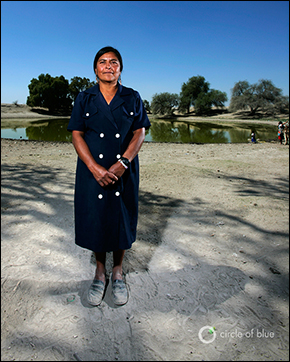
Photos © Brent Stirton/Reportage by Getty Images for Circle of Blue
By Andrew Maddocks, Circle of Blue
Communities in the Tehuacán Valley needed Francisca Rosas Valencia, said Raúl Hernández Garciadiego, director general of Mexico-based NGO Alternativas. They needed her to sustain the campaigns she pioneered two decades ago in rural Mexican villages like her native San Marcos Tlacoyalco. She worked to conserve water, keep village pollution out of the waterways, and promote amaranth as a staple crop in the region. Circle of Blue’s Joe Contreras interviewed her in 2006.
But in April 2007 the grassroots organizer fell ill with cervical cancer. As Valencia’s health deteriorated, her friends and co-workers grappled with shock, sadness and confusion.
Many in the deeply religious community turned to God for answers, Garciadiego said. Since the 1980s, the non-profit Alternativas had worked closely with Francisca Rosas to resolve water issues in the Tehuacán Valley.
“We didn’t understand the Lord’s decision to invite her to the sky,” Garciadiego said.
After her death in July 2007, Valencia’s friends found solace in knowing that she’d witness the fruits of her work from a special place.
Circle of Blue caught up with Garciadiego to discuss the region’s continued water struggles and Francisca Rosas’s legacy:
“She was a tireless, selfless leader. She was a very energy-contagious woman. Whenever you were with her, she was smiling. Even though she was extremely poor and had to struggle all by herself to make a living, she still found time to encourage other women around her to organize, work and send their kids to school.
She earned a lot of support for water works in villages for the cooperative even before we knew she had cancer.
Francisca Rosas became an icon for the slow food movement by encouraging amaranth food production for co-op families. She said amaranth should be our first choice as a healthy food for our children.
In 2006 she was invited to attend a slow food movement conference in Turin, Italy with 5000 other small farmers from every corner of the world. She was so excited to see that, even in her poverty, she had a lot of things to share and to be proud of. She could motivate others to do things, to take matters seriously into their own hands.
Her example as a woman was very important. It’s so difficult in Mexico facing three handicaps that she did — being indigenous, being a woman and being poor.
This particular woman had a fourth handicap as a single mother, whose husband abandoned her with nine kids.
She became a very strong image for all who worked with her. When we watched this woman facing all these very, very adverse environmental, social and economic conditions she didn’t complain. She showed us that we have no right to complain about anything that we face.”

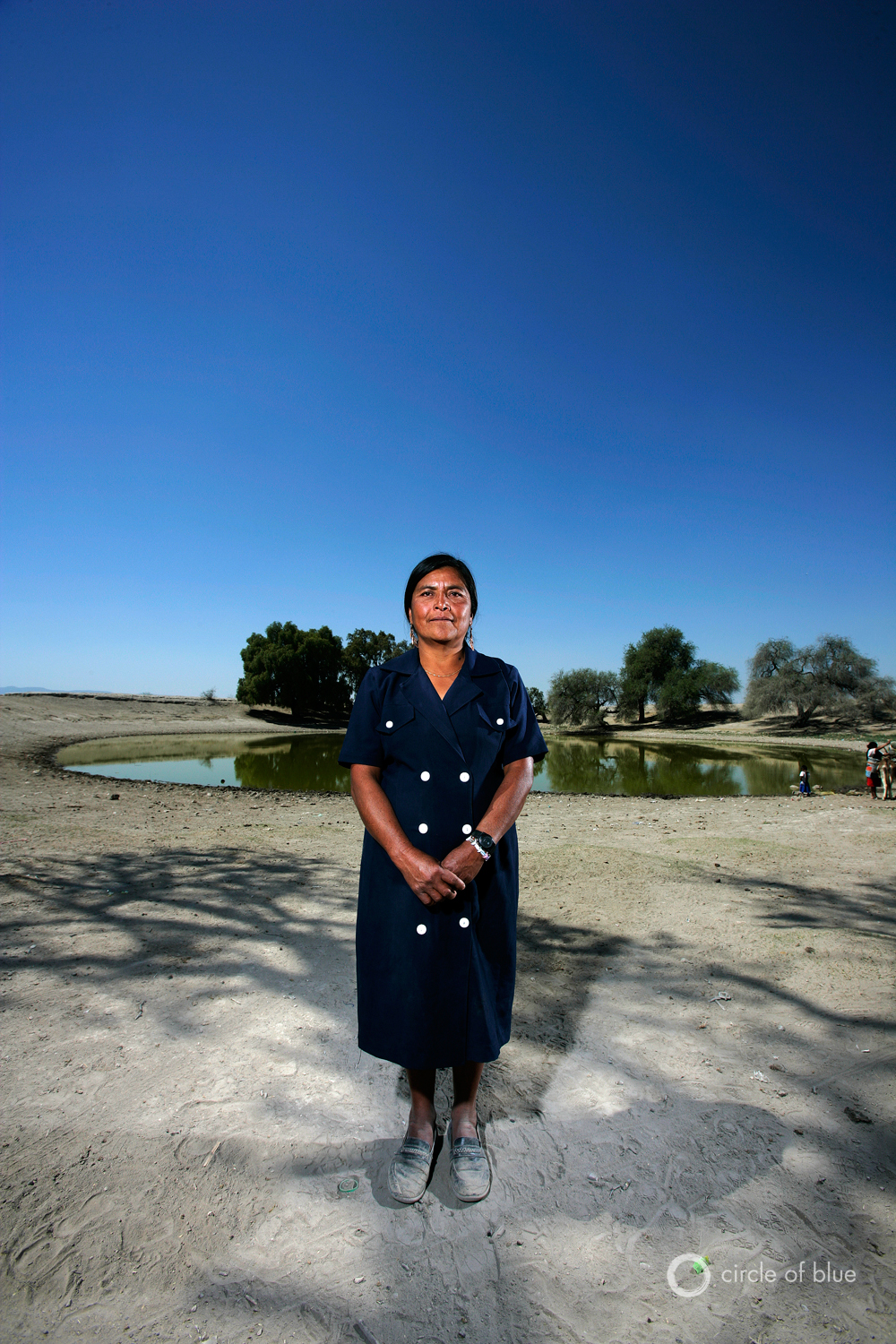

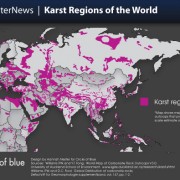
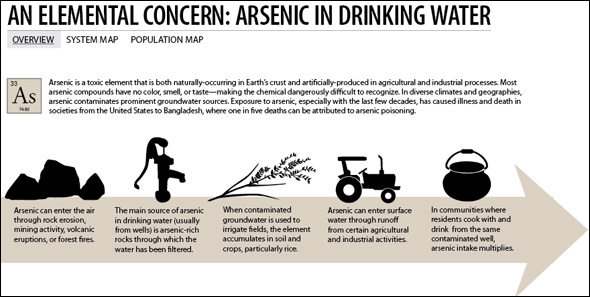


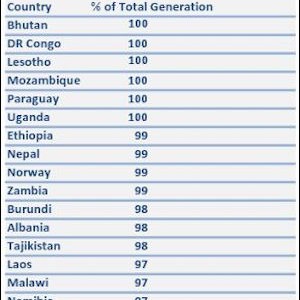
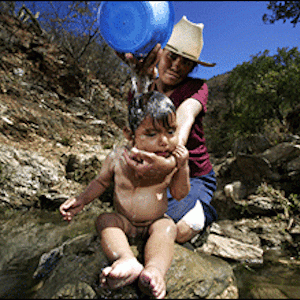
Leave a Reply
Want to join the discussion?Feel free to contribute!